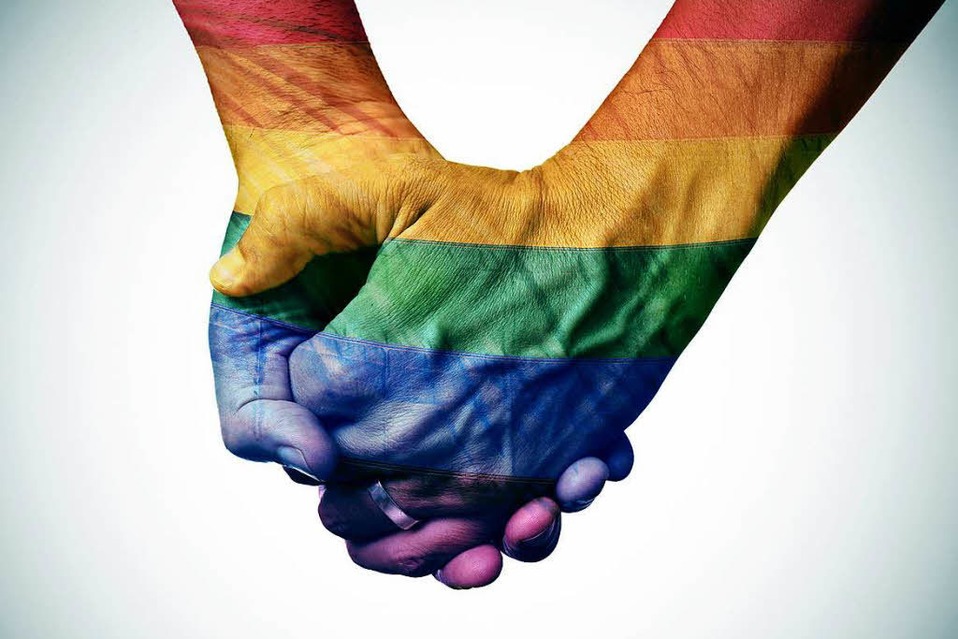If you take a closer look at the current situation of queers, you will quickly realize that there are often significant differences between the countries of the world and how they deal with homosexuality. While some nations are comparatively open about it, for example, when a man loves a man, there are other countries where queers even face the death penalty. In other countries, queer sex is "only" forbidden and can be punished with a prison sentence, for example.
It is particularly interesting in this context that lesbian sex seems to take on a kind of "special role" here. Because: Fewer people (and laws) have a problem with it. The rules for gays are far stricter here.
The fact that there are about 30 countries in the world where queer sex is punished - sometimes more, sometimes less brutally - is particularly shocking.
The UN addresses the issue
Meanwhile, the UN is dealing with the issue. Those responsible have now officially declared that it is a kind of human rights violation to prohibit queer sex. But again, the statement (initially?) only refers to sex between two women. Either way, just THAT the United Nations is speaking out on this issue at all shows that the problem of homophobia and its classification has now arrived in the midst of society.
However, the UN goes one step further. In its statement, it also explicitly takes a stand on the current situation in Sri Lanka, among other things. Here, the situation for queer people is particularly serious - not only for gay men, but also for lesbian women.
Anyone caught having sex here can be sentenced to up to ten years in prison. A circumstance that ensures that many people simply no longer dare to admit to themselves, let alone live out their sexuality with the partner of their choice. And this is exactly what the UN sees as a kind of human rights violation that should no longer be tolerated in the future.
What does the UN want?
Admittedly: The UN's actions with regard to human rights violations of this kind still have some room for improvement. However, they also show that something is moving. With their current appeal, the representatives of the United Nations are directly addressing those responsible in the government in Sri Lanka. They want to make it legal in the island nation to have same-sex sex with men and women. At the same time, it is their goal to better protect people from the Sri Lankan community against discrimination of various kinds in the future.
Now it is time for the island state to react. It can take up to six months to do so. Depending on how those responsible react here, it could be that in the future not only the situation for queers in Sri Lanka, but also in other countries of the world will change. If the government of the island nation reacts tolerantly and actually decides that same-sex sexual acts will be legal in the future, it may be that other countries will follow suit.
The UN's actions and decision not to just continue watching here could also encourage other activists and human rights organizations to raise their voices. In short, although no one should be so naïve as to assume that much will change overnight, it would be wrong - as is so often the case - to bury one's head in the sand too soon. The signs - thanks to the UN - point to the possibility of change.
In Florida, the "don't say gay" law is now finally passed by
